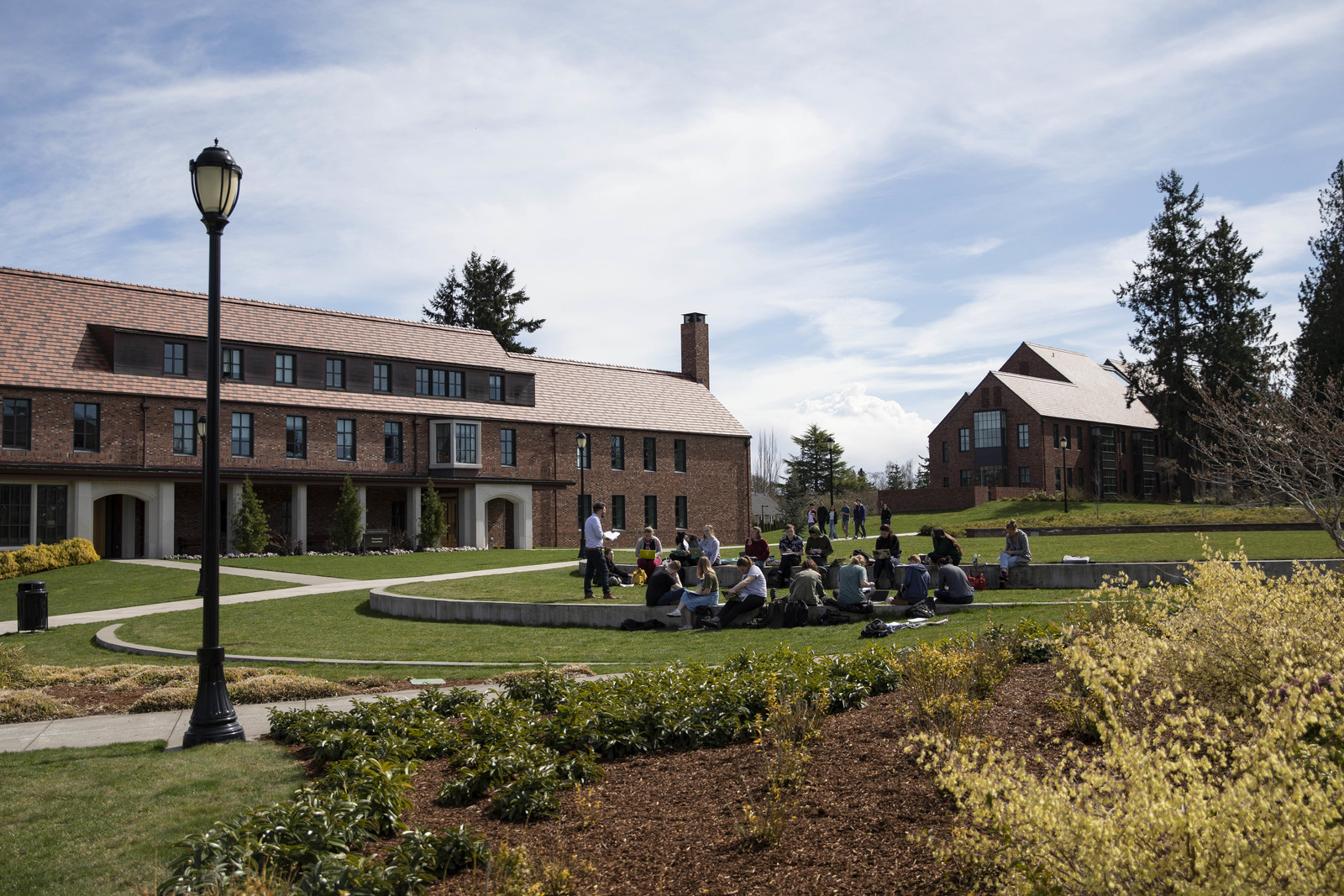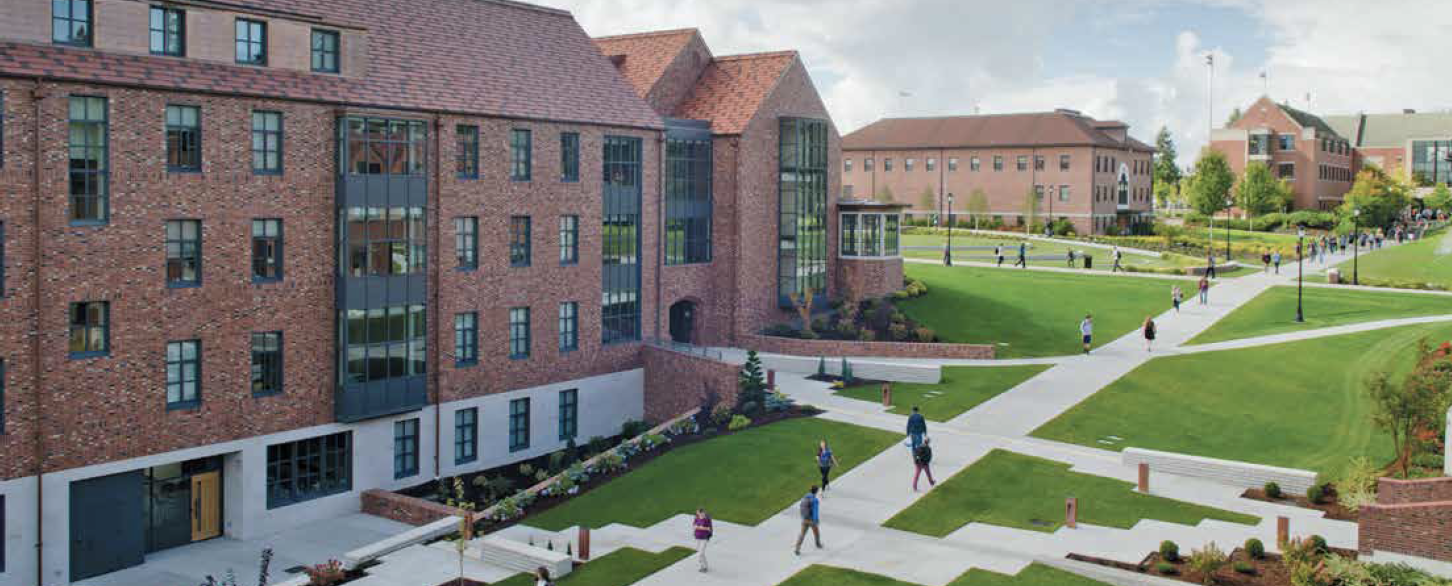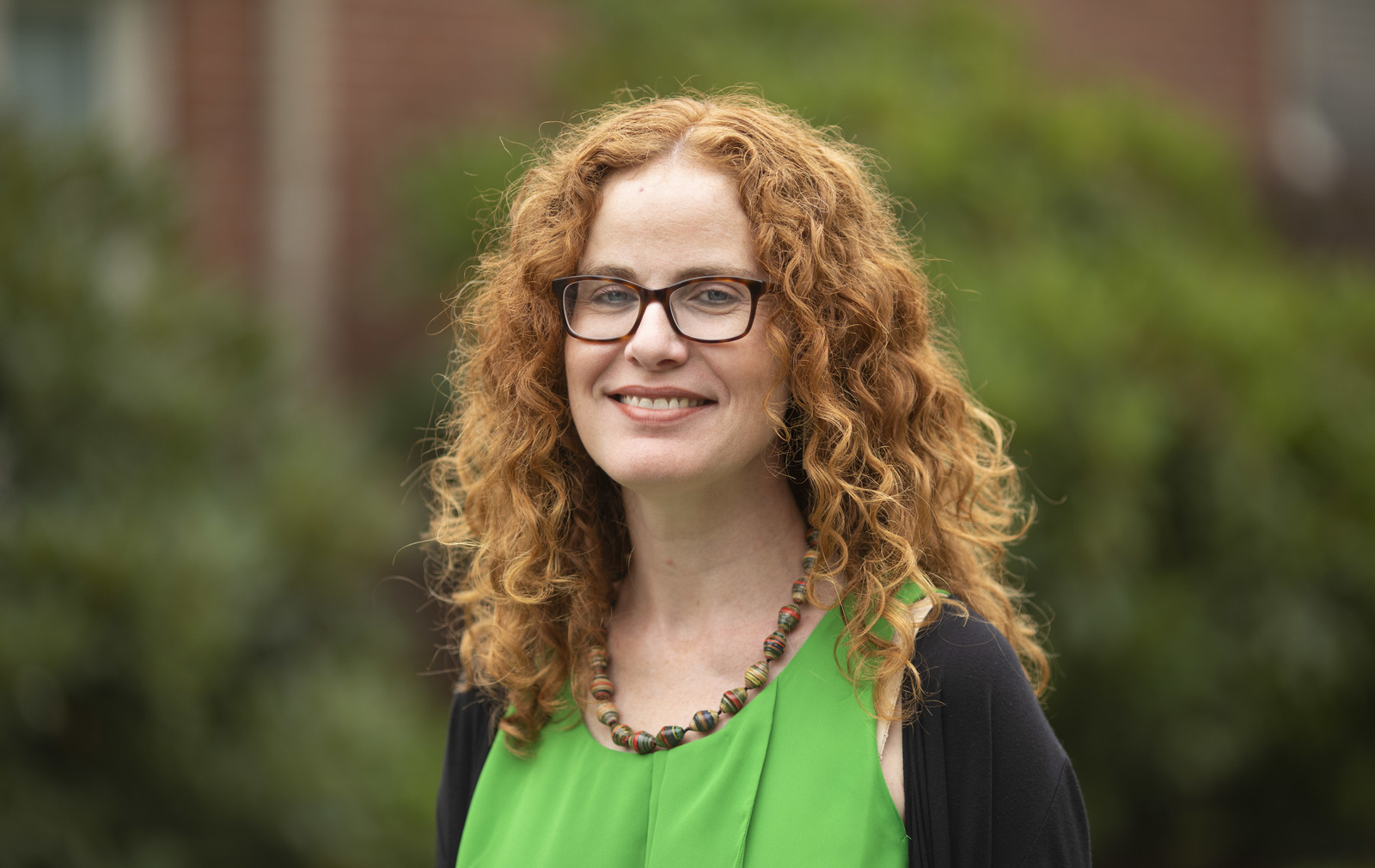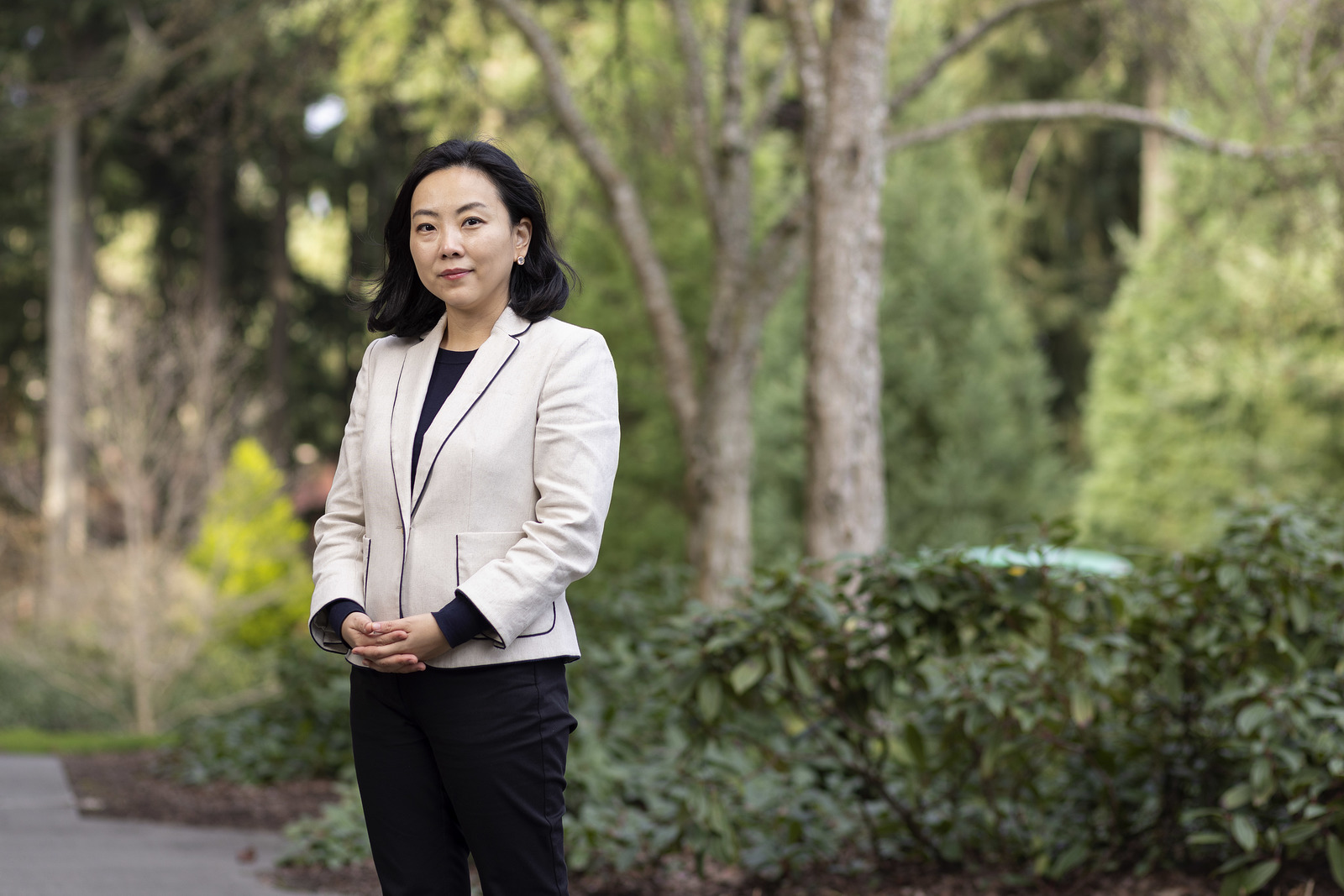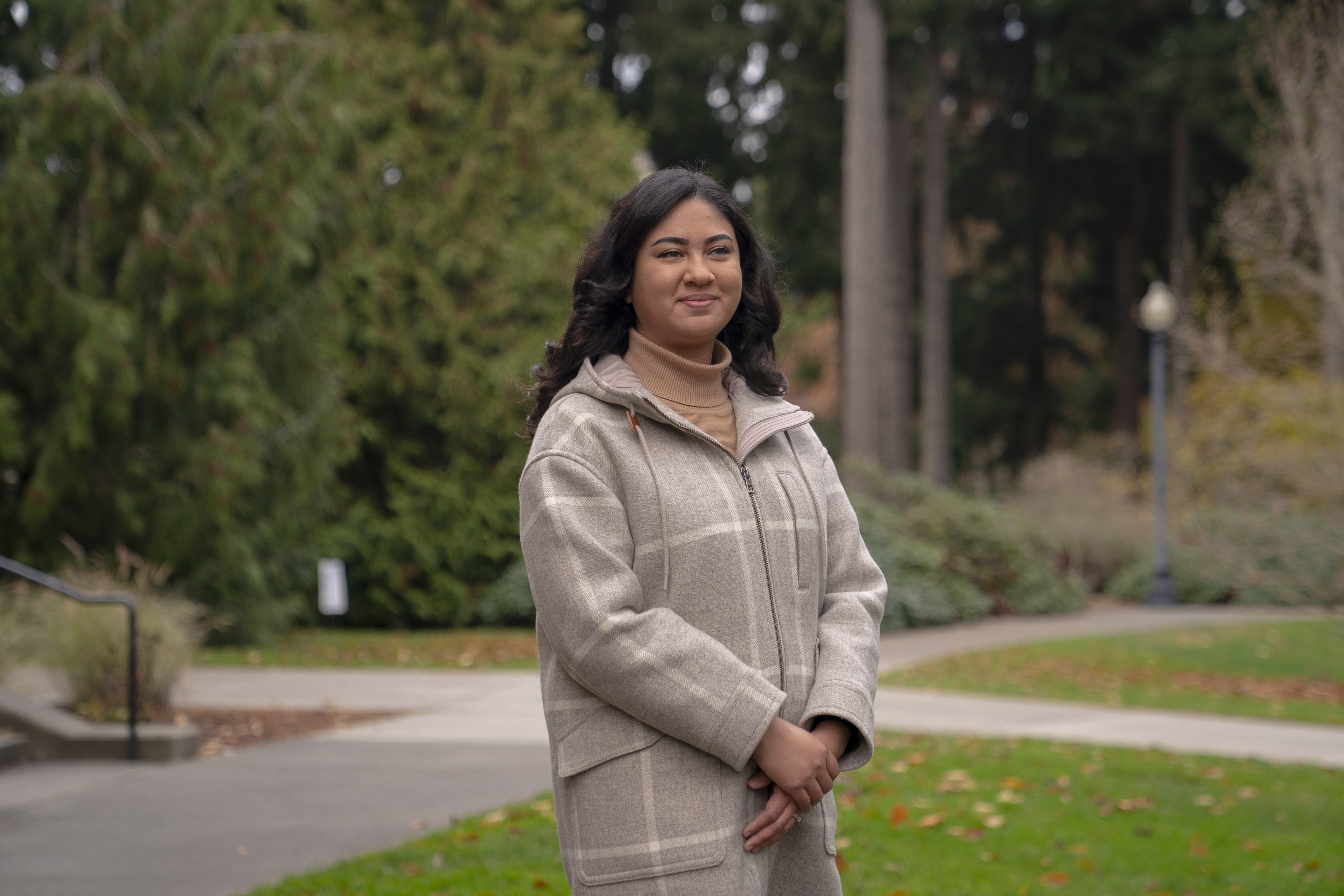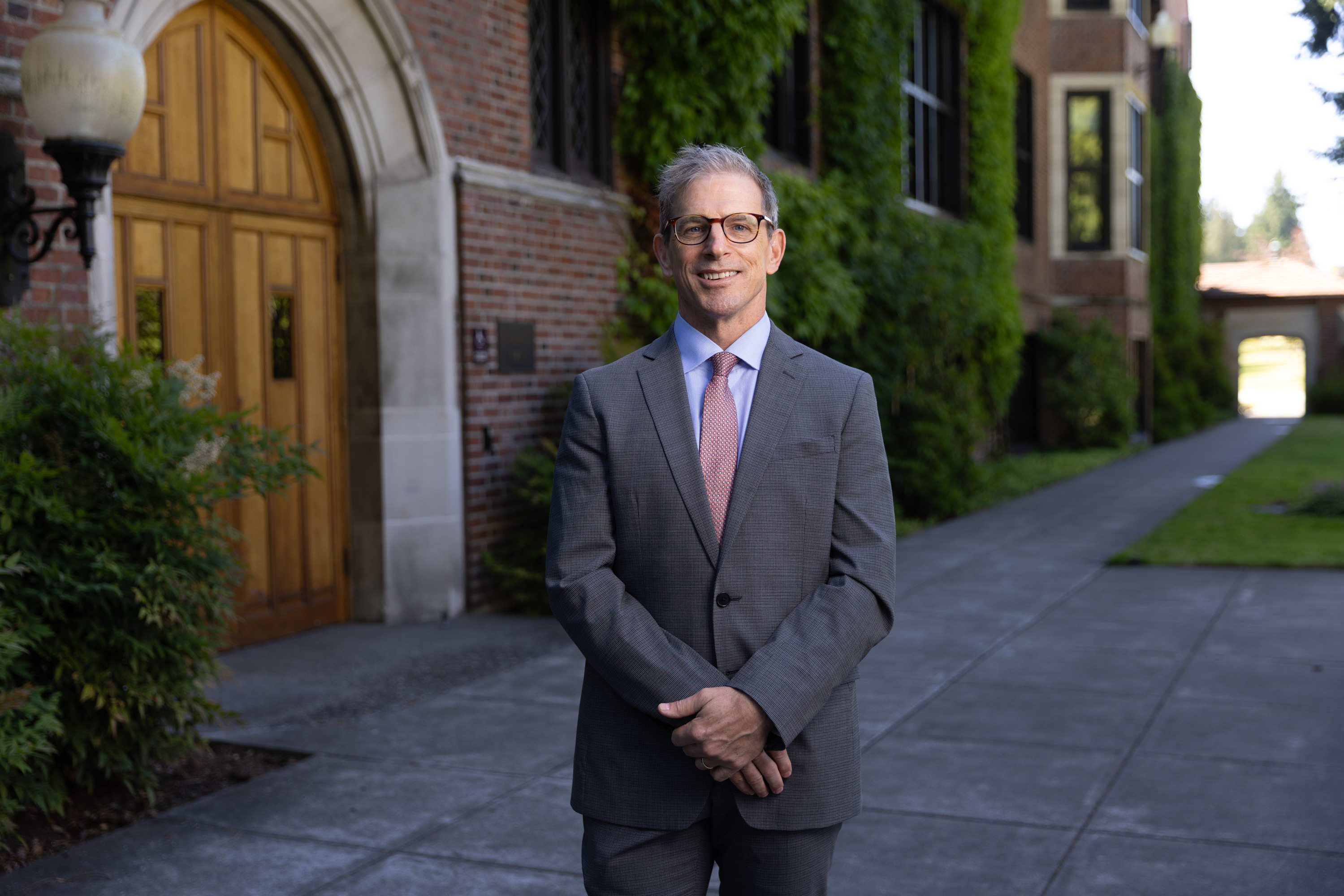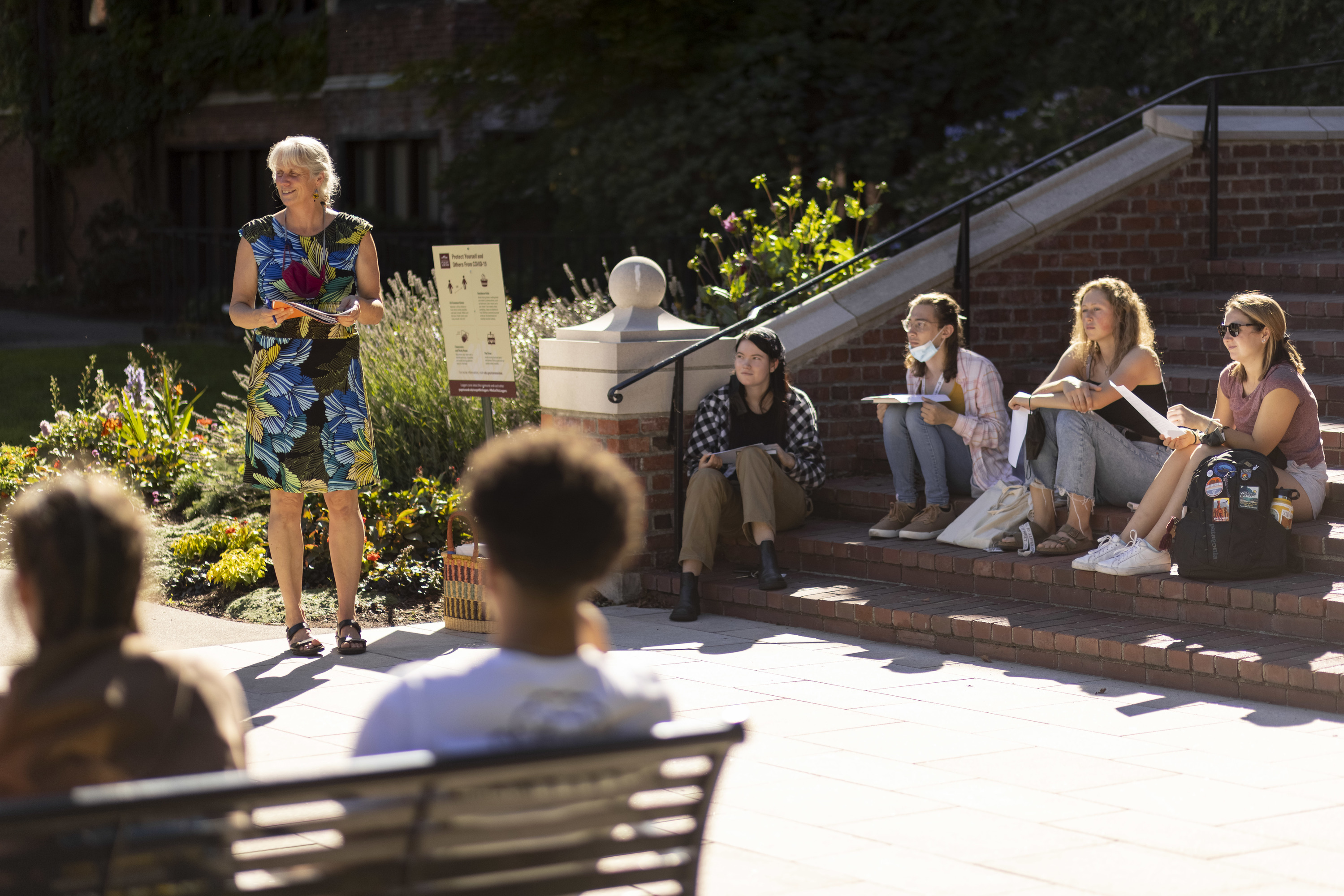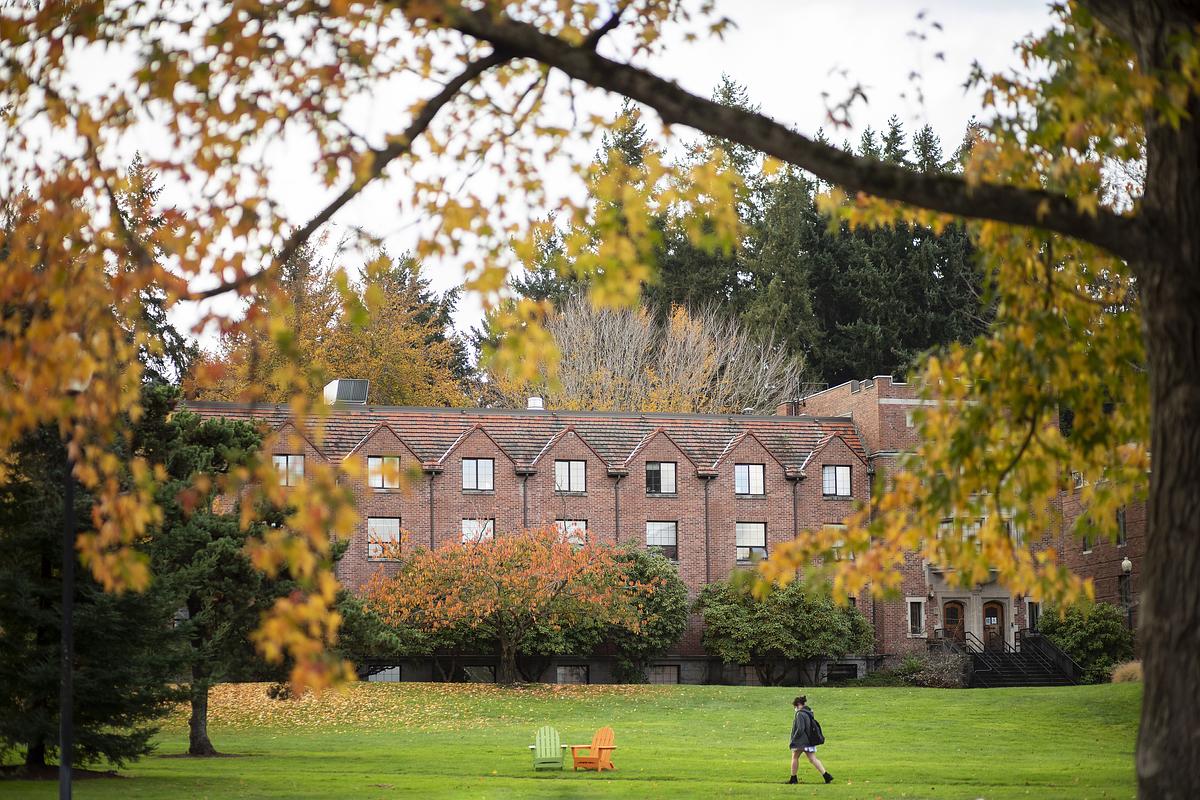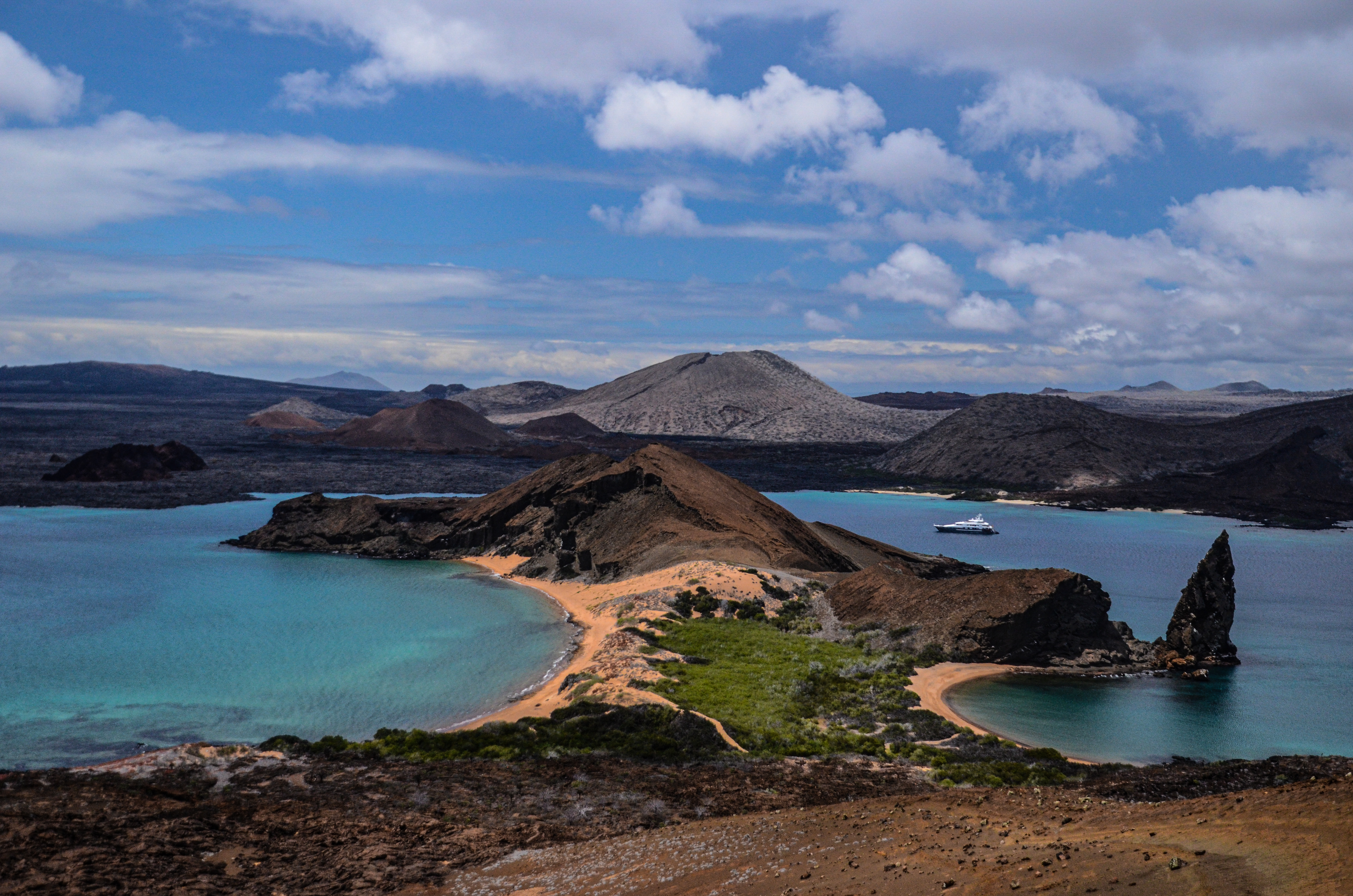Q: You describe yourself as a historian of technology. What does that mean?
A: To be a historian of technology is to think critically about the assumptions we make about technology. We don't stop to think about the origins of the light switch or how our computers work. You have to be a detective to untangle the historical roots of technological development and change. I’m mainly interested in researching issues in gender and science in the 19th and 20th centuries with a focus on studies of the chemistry of electricity, in particular, such as the development of battery technology. It turns out, there were a number of women scientists who were involved in trying to understand what was happening in electrochemical systems, but their stories haven't been included in the standard narrative. So, I'm trying to diversify the cast of characters.
Q: You recently gave a Daedalus Lecture about the contributions of women in science. Who are some of these overlooked women?
A: I’m interested in a period referred to as the Chemical Revolution. Almost all of the existing narratives focus on men, but when I was doing research, I kept coming across references to a woman by the name of Elizabeth Fulhame. In the late 18th century, Fulhame was trying to find a way to chemically bind metal to cloth. Her work on how different materials interact ended up being influential in the development of the first batteries, but her contributions have been largely overlooked. For me, this is an opportunity to integrate the story of a woman who was very much invested in the study of chemistry into these male-dominated narratives.
Q: Puget Sound was recently named one of the top universities for women in STEM. Why is that significant, and how can we continue to make progress toward gender equity in the sciences?
A: I’m thrilled to hear that. I know my colleagues in the sciences have worked hard to create more opportunities and address some of the underlying issues that historically have discouraged women from entering into the study of science and technology. Recently, I’ve been working with our library staff to create a digital collection for teachers that looks at undergraduate women’s experiences in the sciences at Puget Sound in the early 1900s. We have incredible archival materials like letters and grade books and various ephemera from people like Vinny Peace, who got her degree here in 1907 and went on to get a Ph.D. in biology. My hope is that this project helps students of all genders, races, and ethnicities to see what things were like a hundred years ago and ask how we can continue to make progress and create a more welcoming and accessible scientific culture for all people.
Q: What do you hope students take away from your classes?
A: One of the biggest things I hope they take away is that our understanding of the natural world is not a story of linear progress. We tend to start at the end, saying “This is what we know,” but we don't really talk about the process, which is complicated, messy, and interesting. The other thing I would like students to know is that the makeup of the scientific community has been much more diverse than suggested by textbooks. That's one of the advantages of studying the history of science—it really illustrates the diversity of people who were involved in the study of the natural world and the contributions they made. I think that can be really inspiring.
Q: Can you tell me a little about your life off campus?
A: When I got tenure, I started taking ukulele lessons, which has been a lot of fun during the pandemic. I really enjoy fabric arts, like embroidery and knitting—I feel a kinship with Elizabeth Fulhame in that regard—and I love playing board games with my family and friends. There’s an app called Board Game Arena, where you and your friends can log in and play games in a virtual space, which has been a whole lot of fun and a lot easier than playing on Zoom.

